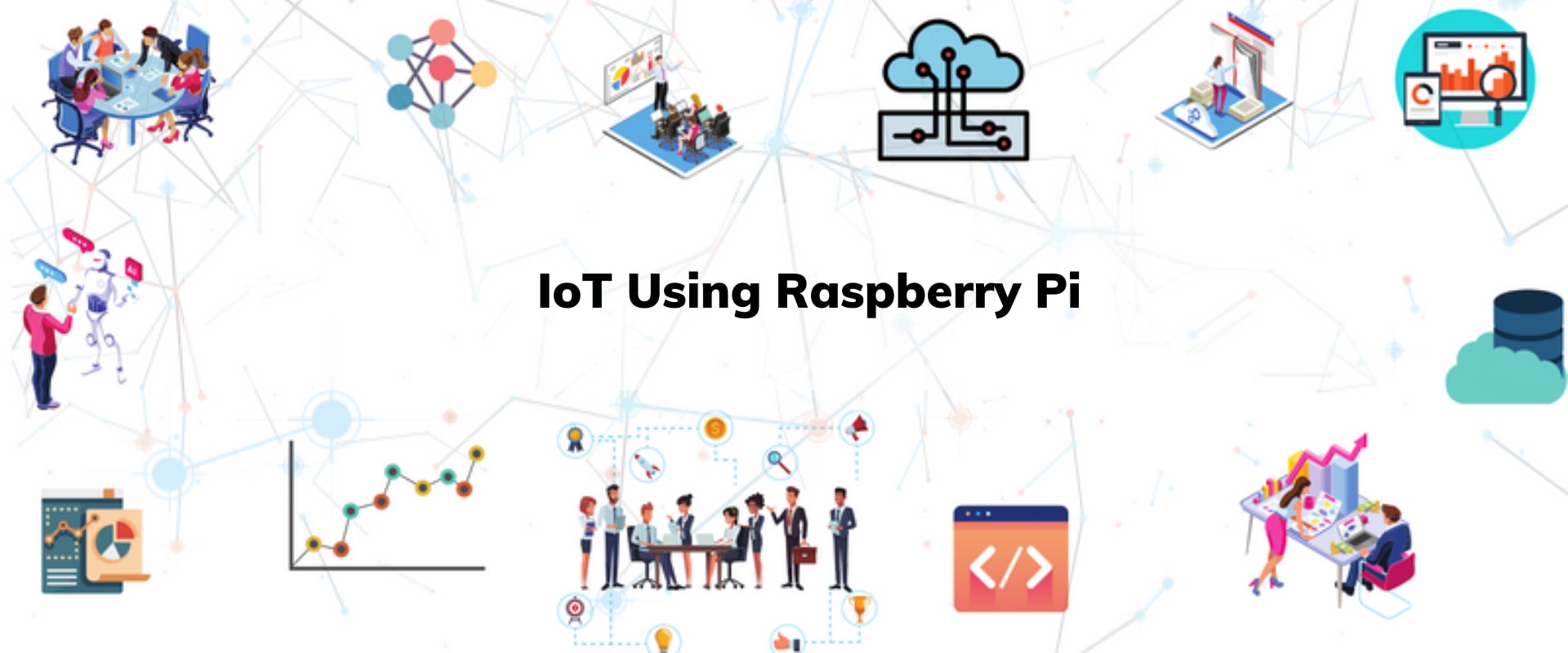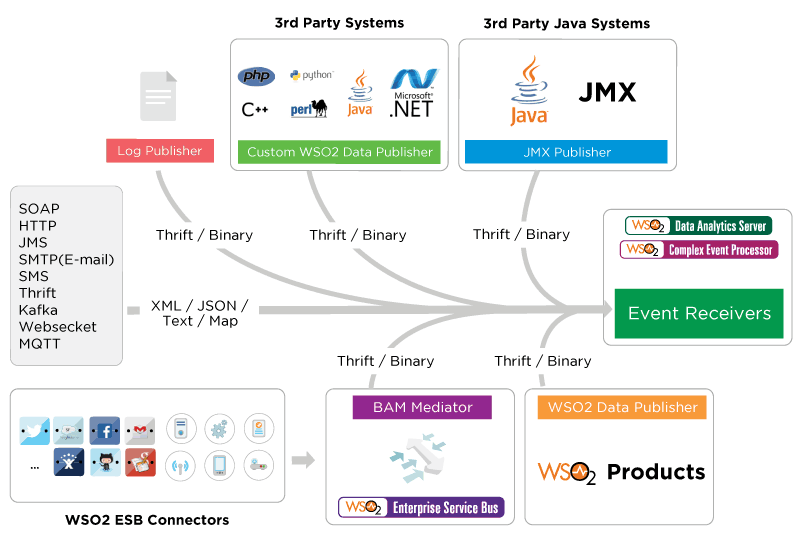Best Remote IoT Platform For Raspberry Pi: A Comprehensive Guide
As the Internet of Things (IoT) continues to evolve, the need for reliable remote IoT platforms becomes increasingly important, especially when it comes to Raspberry Pi projects. Whether you're a hobbyist or a professional developer, finding the best remote IoT platform tailored for Raspberry Pi can significantly enhance your project's efficiency and scalability. This guide aims to provide an in-depth analysis of the top platforms available, ensuring you make an informed decision.
In today's connected world, IoT platforms play a crucial role in enabling seamless communication between devices. Raspberry Pi, with its affordability and versatility, has become a favorite among developers for IoT applications. However, the choice of the right remote IoT platform is critical to achieving optimal performance and functionality.
This article will explore the leading remote IoT platforms compatible with Raspberry Pi, highlighting their features, benefits, and potential drawbacks. By the end of this guide, you'll have a clear understanding of which platform aligns best with your project requirements and technical expertise.
Read also:Kody And Robyn Brown A Journey Through Love Family And Faith
Table of Contents
- Introduction to Remote IoT Platforms
- Raspberry Pi: An Overview
- Criteria for Selecting the Best Remote IoT Platform
- Top Remote IoT Platforms for Raspberry Pi
- Comparing Key Features of IoT Platforms
- Security Considerations in IoT Platforms
- Scalability and Performance
- Community Support and Documentation
- Pricing Models for IoT Platforms
- Real-World Case Studies
- Conclusion and Recommendations
Introduction to Remote IoT Platforms
A remote IoT platform serves as the backbone for managing, monitoring, and analyzing IoT devices and their data. These platforms offer a range of functionalities, from device connectivity and data collection to analytics and visualization. When paired with Raspberry Pi, the possibilities for innovative IoT applications are endless.
Why Choose a Remote IoT Platform?
Selecting the right remote IoT platform is essential for ensuring your Raspberry Pi-based projects run smoothly. Key reasons include:
- Centralized control over multiple devices
- Enhanced data security and privacy
- Real-time monitoring and analytics
- Scalability for growing projects
Key Features of Remote IoT Platforms
When evaluating remote IoT platforms, consider the following essential features:
- Device management capabilities
- Compatibility with Raspberry Pi
- Support for various communication protocols
- Robust security measures
Raspberry Pi: An Overview
Raspberry Pi is a compact, single-board computer designed for educational and hobbyist purposes. Its affordability, ease of use, and versatility have made it a popular choice for IoT projects. With multiple models available, Raspberry Pi can be adapted to suit a wide range of applications, from home automation to industrial IoT solutions.
Read also:Comprehensive Guide To Services Offered By Wright Funeral Home York
Key Specifications of Raspberry Pi
- Processor: Broadcom BCM2837
- RAM: 1GB to 8GB (depending on the model)
- Connectivity: Wi-Fi, Bluetooth, Ethernet
- GPIO Pins: 40-pin header for interfacing with external devices
Raspberry Pi's compatibility with Linux-based operating systems and its extensive library of software tools make it an ideal platform for IoT development.
Criteria for Selecting the Best Remote IoT Platform
Choosing the best remote IoT platform for Raspberry Pi involves evaluating several critical factors. These include:
1. Ease of Integration
The platform should offer seamless integration with Raspberry Pi, with minimal setup and configuration required. Look for platforms that provide pre-built libraries and SDKs for Raspberry Pi.
2. Scalability
Ensure the platform can scale to meet the growing demands of your IoT project. This includes support for a large number of connected devices and the ability to handle high data throughput.
3. Security
Data security is paramount in IoT applications. Choose a platform that implements robust security measures, such as encryption, authentication, and access control.
Top Remote IoT Platforms for Raspberry Pi
Here are some of the leading remote IoT platforms compatible with Raspberry Pi:
1. AWS IoT Core
AWS IoT Core is a fully managed cloud service that allows connected devices to interact with cloud applications and other devices securely. It supports MQTT, HTTP, and WebSockets protocols and offers features like device shadows and rules engine.
2. Microsoft Azure IoT Hub
Azure IoT Hub provides secure and reliable communication between IoT devices and the cloud. It supports multiple protocols and offers features like device management, messaging, and analytics.
3. IBM Watson IoT Platform
IBM Watson IoT Platform enables real-time insights from connected devices through advanced analytics and machine learning capabilities. It supports MQTT and HTTP protocols and offers scalable solutions for IoT projects.
Comparing Key Features of IoT Platforms
Below is a comparison of the key features offered by the top remote IoT platforms:
- AWS IoT Core: Strong integration with other AWS services, extensive documentation, and global reach.
- Azure IoT Hub: Seamless integration with Microsoft products, robust security features, and comprehensive device management.
- IBM Watson IoT Platform: Advanced analytics capabilities, scalable architecture, and strong support for MQTT.
Security Considerations in IoT Platforms
Security is a critical aspect of IoT platforms. Ensure the platform you choose implements the following security measures:
- End-to-end encryption for data in transit and at rest
- Strong authentication mechanisms
- Role-based access control
- Regular security updates and patches
Scalability and Performance
When evaluating the scalability of an IoT platform, consider the following:
1. Device Capacity
Ensure the platform can handle the number of devices expected in your project, both currently and in the future.
2. Data Throughput
Check the platform's ability to handle large volumes of data efficiently without compromising performance.
Community Support and Documentation
A strong community and comprehensive documentation can significantly aid in troubleshooting and development. Look for platforms with:
- Active forums and user groups
- Extensive documentation and tutorials
- Regular updates and improvements
Pricing Models for IoT Platforms
Pricing models vary across IoT platforms, with some offering free tiers and others charging based on usage. Consider the following when evaluating pricing:
- Free tier availability
- Pay-as-you-go pricing
- Enterprise licensing options
Real-World Case Studies
Explore real-world examples of how these platforms have been used successfully in IoT projects:
Case Study 1: Smart Agriculture
A farmer used AWS IoT Core to monitor soil moisture levels and automate irrigation systems, resulting in improved crop yields and reduced water usage.
Case Study 2: Industrial IoT
An industrial facility implemented Azure IoT Hub to monitor machine performance and predict maintenance needs, leading to increased efficiency and reduced downtime.
Conclusion and Recommendations
Selecting the best remote IoT platform for Raspberry Pi depends on your project's specific requirements and constraints. AWS IoT Core, Microsoft Azure IoT Hub, and IBM Watson IoT Platform are among the top choices, each offering unique features and benefits.
Call to Action: Share your experience with these platforms in the comments below or explore our other articles for more insights into IoT development. Your feedback helps us improve and provide more valuable content for our readers.
Article Recommendations
- How Old Was Johnny Mathis When He Died A Comprehensive Look At The Legendary Singers Life And Legacy


